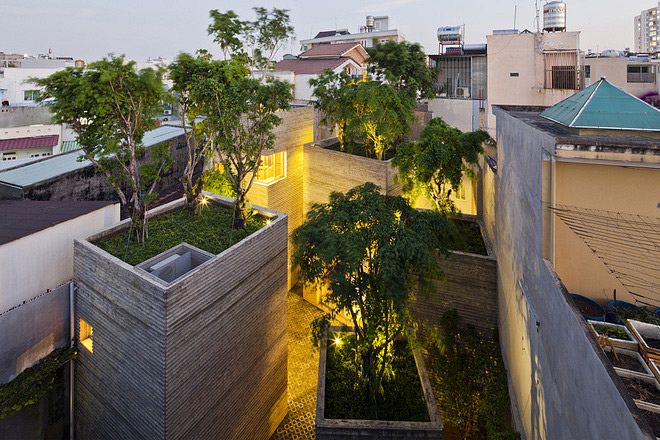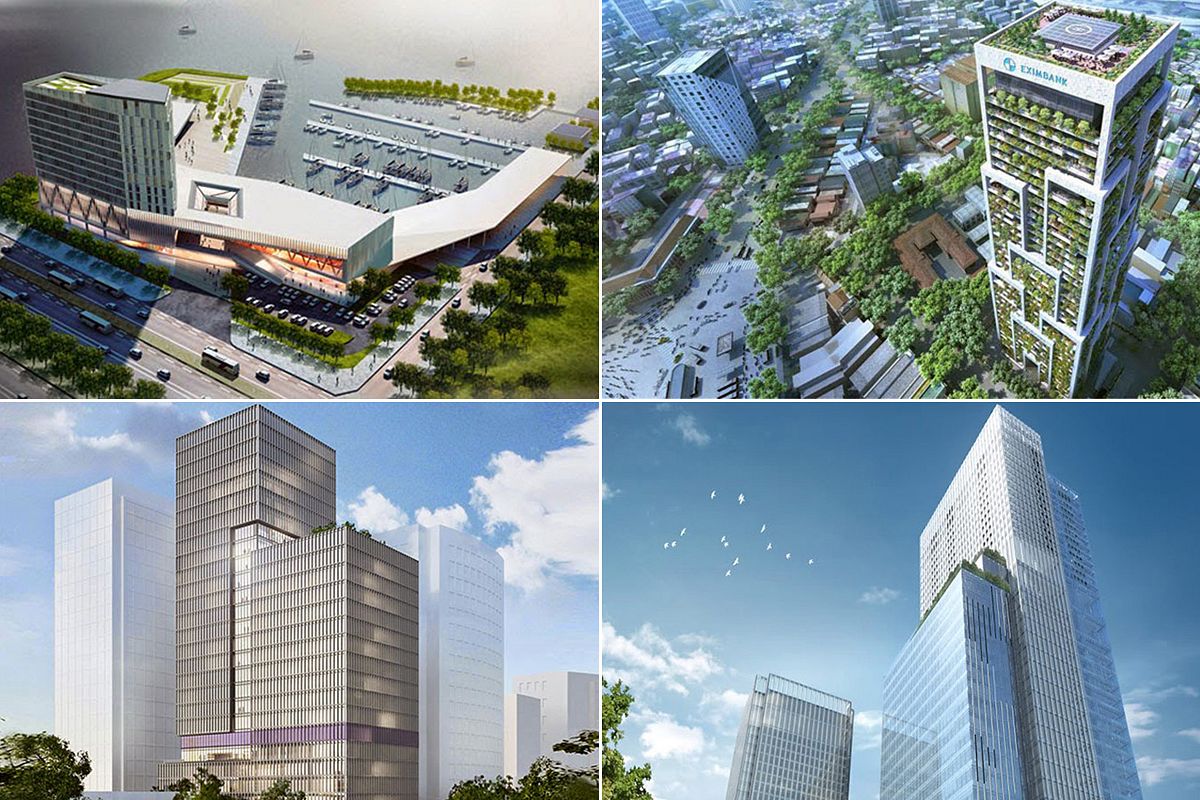Samsung’s investment has transformed Bac Ninh province into Vietnam's second-largest exporting center, dramatically boosting the earnings of the local community.
According to Bloomberg, the Korean conglomerate and its affiliates make up more than half of the 856 foreign companies that have invested a combined US$11.9 billion in the northern province.
“Our lives have improved dramatically since Samsung came,” ex-farmer Nguyen Thi Dung, who expects to earn roughly US$68,000 this year from renting rooms and selling groceries to Samsung workers, told the news outlet. In fact, some area residents are on track to earn more than the average banker in Vietnam.
Le Thi Hoa, a 22-year-old who works at Samsung SDI, told Bloomberg: “Samsung provides very good working conditions…We get good benefits here, including health insurance, and free holiday trips with the company.”
With US$15 billion in investments, Samsung is the largest single exporter in Vietnam. When the corporation first arrived in the northern province, Noi Bai International Airport also expanded its cargo area to facilitate the transport of Galaxy smartphones. Exports from Bac Ninh are now so large that the corporation has asked Noi Bai for its own cargo terminal.
With additional factories in Thai Nguyen province and Saigon, Samsung employs about 130,000 workers nationwide.
“Samsung’s investment has created a breakthrough that spurred the economic growth of not only Bac Ninh but the nation…It has quickened the country’s industrialization,” Nguyen Phuong Bac, head of a socioeconomic institute based in Bac Ninh, told the news source.
Vietnam is stepping up to take over China’s competitive edge in low-cost manufacturing. Besides Samsung, other multinational corporations like Intel, Panasonic and LG Electronics have either expanded in, or relocated to, Vietnam. The governments of Vietnam and Singapore are also collaborating to establish industrial parks in several provinces in Vietnam, including Bac Ninh.
Vietnam’s proximity to China is an economic advantage in this regard, however like other possible alternative bases, Vietnam still lacks what Bloomberg calls “the confluence of cheap labor, cheap capital, a vast domestic market, infrastructure, education and political will that fostered China’s industrial boom”.
At the same time, becoming the “next China” implies certain risks. As the factory of the world, China now faces serious consequences such as environmental destruction and a high degree of socioeconomic inequality. In addition, without transfers of technological skills and knowledge, economic growth rooted in transnational outsourcing and offshoring activities is not sustainable. According to Bac from the socioeconomic institute, Vietnam must improve its capabilities in order to add higher value to its role in the global supply chain.
[Photo via Updato]














